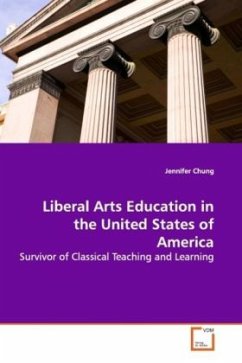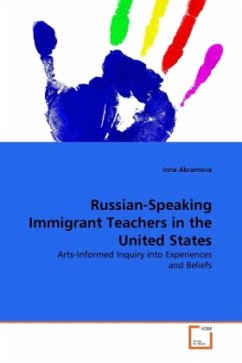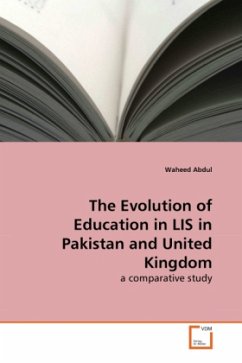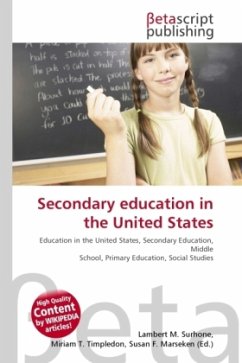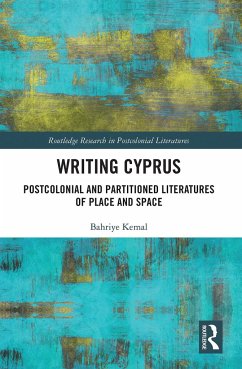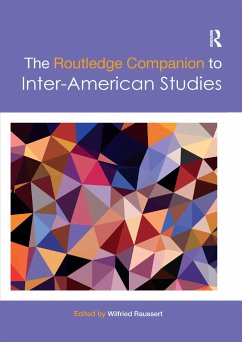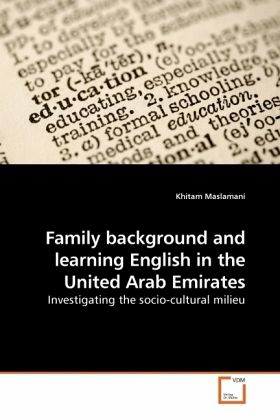
Family background and learning English in the United Arab Emirates
Investigating the socio-cultural milieu
Versandkostenfrei!
Versandfertig in 6-10 Tagen
52,99 €
inkl. MwSt.

PAYBACK Punkte
26 °P sammeln!
An investigation of the impact of beliefs and attitudes on learning English in the UAE was conducted against a background history of education in the UAE, which has been undergoing major transitions from tradition to modernity since the mid-1960s. The life-worlds of students and areas of learning were examined through socio-cultural theory, a Western sociological concept that was used as a guiding theoretical perspective. It had strong explanatory and interpretive power in accounting for much UAE study data, being a non-essentialist, all-encompassing model of social reproduction that produced ...
An investigation of the impact of beliefs and attitudes on learning English in the UAE was conducted against a background history of education in the UAE, which has been undergoing major transitions from tradition to modernity since the mid-1960s. The life-worlds of students and areas of learning were examined through socio-cultural theory, a Western sociological concept that was used as a guiding theoretical perspective. It had strong explanatory and interpretive power in accounting for much UAE study data, being a non-essentialist, all-encompassing model of social reproduction that produced a qualitative account of social reality. Three variables of analysis were identified: level of education (secondary school versus university), level of achievement (high achievers versus low achievers), and gender. Following a pilot study (10 students and 5 teachers), a questionnaire on beliefs and attitudes about language learning was administered to 234 students and semi-structured interviews were conducted with 39 students, 12 parents, 14 teachers, 4 administrators, and one high-profile policy maker.





